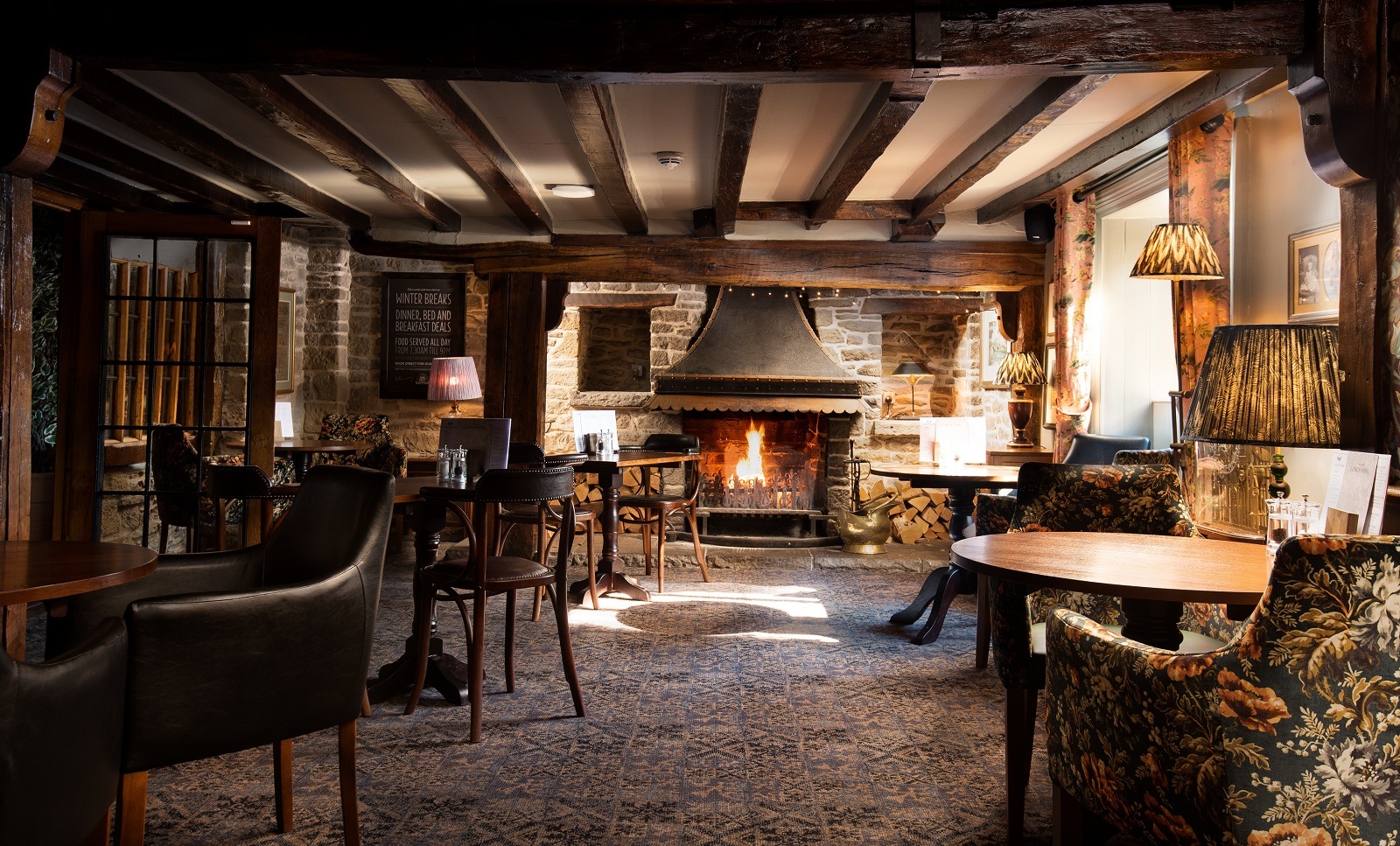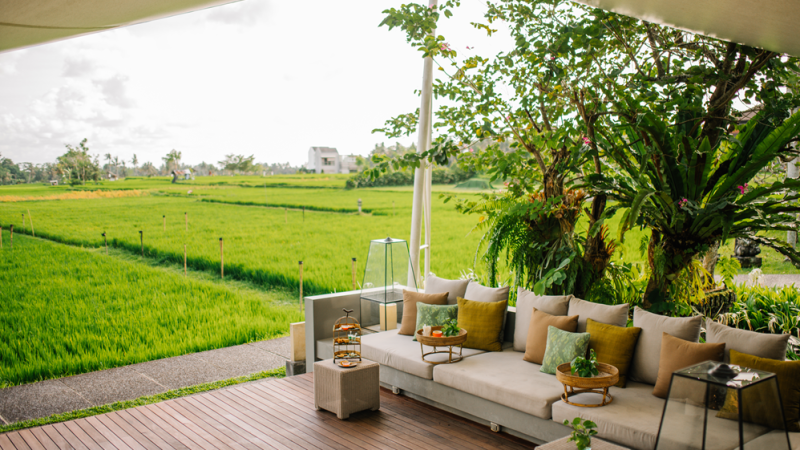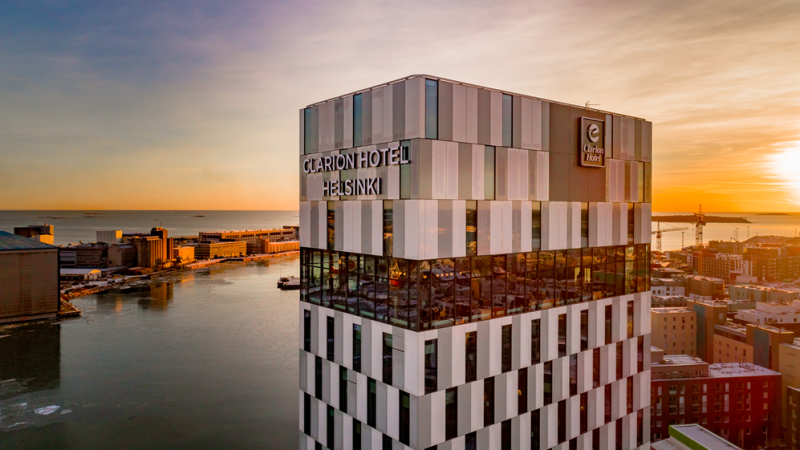With its traditional innkeeping model, the Inn Collection Group is taking over the country.
The Inn Collection Group began as just that, a collection of three independent pubs founded around 2008, The Lindisfarne Inn, The Bamburgh Castle Inn, and The Hog’s Head all in north Northumberland.
 In 2013 those pubs came together to form The Inn Collection Group, a pub company that brought two unique qualities to the market- freshly cooked pub food every day of the year, and on-site bedrooms for customers, ranging from 12 to 100 rooms per outlet today.
In 2013 those pubs came together to form The Inn Collection Group, a pub company that brought two unique qualities to the market- freshly cooked pub food every day of the year, and on-site bedrooms for customers, ranging from 12 to 100 rooms per outlet today.
“We use the traditional pub with rooms inn model,” says Sean Donkin, CEO of The Inn Collection Group. “You can easily be distracted into being a hotel, but what makes us who we are is that we have the conviviality of a pub on the ground floor, with rooms to let above, based in good locations around the country.”
Donkin is right that it is a business model that could easily slide sideways from “a pub with rooms to let” into “a hotel with a pub on premises,” but The Inn Collection Group’s strong identity keeps that from happening.
“We keep to our roots, and we put the pub focus first, supporting that with income from the bedrooms,” Donkin says. “It’s difficult to do, but not insurmountable. We take the best elements from hotels, restaurants, and pubs, working together.”
Selling the Concept
As a business operating in the hospitality industry, The Inn Collection Group has weathered all the challenges everyone else in the industry sector has faced this past few years- from Covid-era closures a couple of years ago to exploding costs over the last few months. But Donkin identifies the company’s biggest challenge as being others’ preconceptions about the brand.
“The big challenge we have is perception, in terms of what The Inn Collection Group is and what it does,” he explains. “We can face challenges when we put in submissions for planning applications, and in terms of the teams we inherit from newly acquired sites.”
Acquiring a new site is an ambitious project, requiring an extensive Capex scheme and an awareness of local circumstances and sensitivities. Fortunately, The Inn Collection Group has had time to build a reputation.
“By now they can see what we’ve done at other locations and understand that we take a sympathetic approach to our sites,” Donkin says. “Sometimes we can face pushback from customers when we change what their sites do. For instance, we have taken a sports bar with a nightclub underneath it and turned it into a premium restaurant, but we can make the case for our work.”
This is a process of signposting, messaging, and learning from experience. The company has specific teams in place for dealing with transactions. At the same time, every new property in the group has its own identity.
“We treat everyone individually. All of our sites are recognised as one of ours but each is different, individual and unique,” says Donkin. “Too often you go into a casual dining environment and everything’s identical. That way of doing things won’t stand up to the long-term challenges of the sector, with high rents and high labour costs.”
This is obvious nowhere more so than in the menu of each of the company’s inns.
“Every menu is different. They all have fish and chips or a burger on the menu but the individual additions per site are different,” Donkin says proudly. “We keep a central procurement strategy, so as long as they buy from our nominated suppliers, they have the freedom to shape their menu how they wish.
“If you look at our menus across sites, you’ll find maybe 30% commonality. So you might always find a pie, but how the pie is made at the site varies from chef to chef, team to team, so long as they achieve the baseline quality we expect.”
A Career of Choice
 Of course, the heart of those pubs is always the people cooking the food, maintaining the business and serving the customers, and Donkin recognises that importance.
Of course, the heart of those pubs is always the people cooking the food, maintaining the business and serving the customers, and Donkin recognises that importance.
“We were a very early adopter in terms of recruitment post-Covid. Everybody at the time was retained, and we looked after everyone who stayed all the way through to the end,” he recalls. “We employed a People team about 12 months ago and that’s growing on a weekly basis.
“We are ensuring that when we take on team members, there’s an awareness that we are trying to make hospitality a career of choice, from recruitment to development and mentorship.”
This is why The Inn Collection Group particularly invests in learning development platforms, but it is also why the company makes an effort to offer good staff accommodation, making a £5 million investment in converting smaller bed and breakfast rooms for that purpose.
“We offer career progression for those with the correct mentality, and finally we let staff take a little bit of ownership through our Give Inn Back scheme,” Donkin points out. “We let them choose charities with needs and wants outside the norm, such as local children’s sports teams, even raising money for events.”
This financial year the Inn Collection has donated £64,000 to local initiatives, and centrally the business supports North East Youth and their initiatives to the sum of £75-100,000 per annum. This is an area where the Inn Collection’s staff can take a lead in locating and investing in projects that give back.
“That’s the culture we want to build in the business,” Donkin says simply.
Growing Prospects
The Inn Collection Group plans to continue the way it has started. When we speak to Donkin, he is excited about taking a new acquisition over the line that day, with another planned before the end of the year. However, he also talks about the company entering a period of consolidation.
“Once they are bedded in, for the next nine-to-ten months we’ve got 12 sites under development that we need to get reopened,” he says. “We need to train the teams properly and plan a consolidation of the business. We have done a lot of building and growing and now we need to get comfortable with the size that we are at for now.”
He plans for the company to focus and strategically plan new acquisitions as they come along while making sure the company is fighting fit once our current wave of crises is over.
“For three years we have had crisis after crisis. But we are controlling what we can control without pointing the finger at limitations we are all facing,” Donkin says emphatically. “Everyone is a bit doom and gloom at the moment, but I think it is time to turn the tables. We focus on what we are in control of, and what we can influence.”







